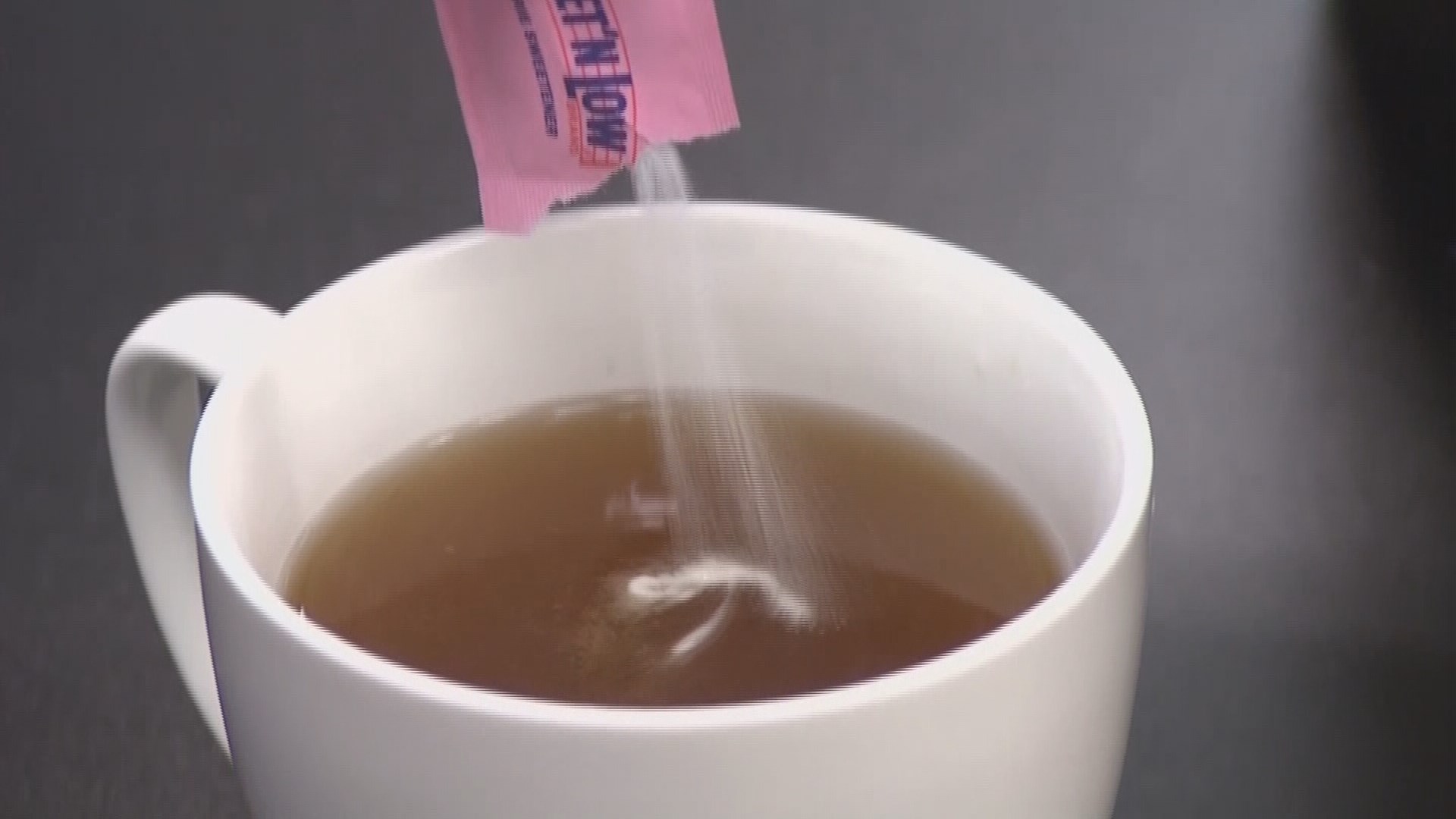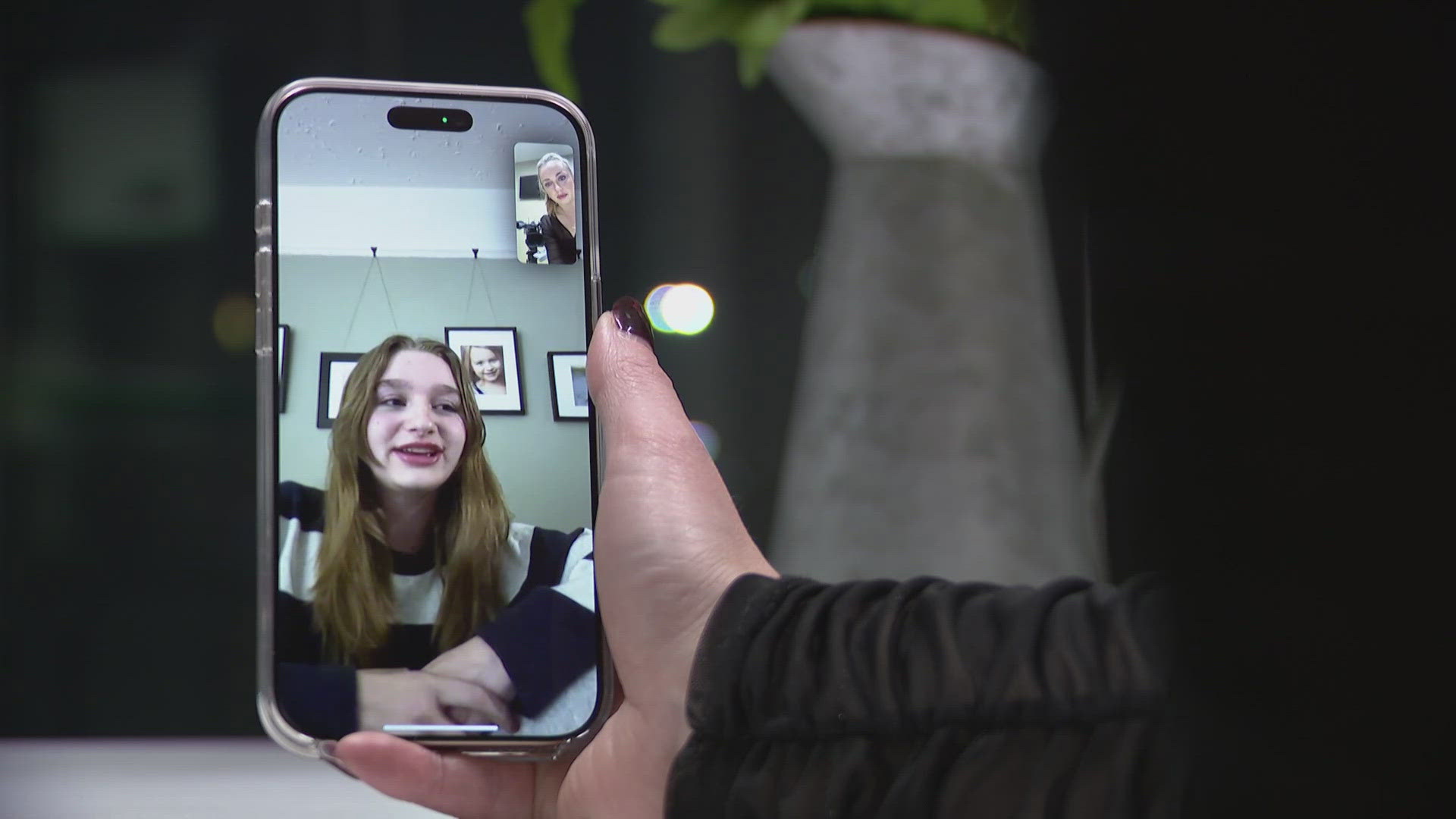Equal, Splenda, Sweet ‘N Low are each categorized by their ingredients, which are given a harsh look by the Food and Drug Administration.
Saccharin in the pink packet (Sweet ‘N Low) gets a bad rap for causing illness in rats.
“Humans are not rats, and the amount of sweeteners that they were giving these animals were large, large amounts, to the point where it would almost be 200-400 times a human's body weight,” said Kristi King, a registered dietitian with Baylor College of Medicine and Texas Children’s Hospital.
It's the same thing with aspartame in the blue packet (Equal), but according to the Mayo Clinic, there's no scientific evidence that artificial sweeteners cause cancer and numerous studies confirm they're safe, even for pregnant women.
“There is a recommended upper limit for all artificial sweeteners that has been set by the FDA, and most people don't meet that on a daily basis,” King said. “For example, aspartame, it's about 19 cans of soda a day over a lifetime. People aren't meeting those.”
Sweet ‘N Low, Equal, and Splenda, Kind said, are a better option for patients with diabetes or heart disease.
“The good thing about sucralose products [like Splenda] that I love is that you can use them in baking. It doesn't really change the taste,” King said.
But, if you love real sugar, she says you don't have to avoid it.
“It doesn't matter which one you choose, it all comes down to personal preference and how much of it you actually use. So, you have to remember anything in excess is not good,” King said.
New guidelines recommend no more than 10 percent of your daily calories should be in added sugar. When you put that into real life terms, that's about one can of soda a day.
That means if you are using more than ten packets a day of real sugar (not the artificial sweeteners), you're in trouble -- even if it is organic with no preservatives.
“The one thing with agave or honey is that you have to remember it is still added sugar, so this is going to provide sugar calories. It's not necessarily one that is artificial, meaning lesser calories. It is a natural version of being able to sweeten your drinks without using regular, white sugar but it is sugar,” King said.


